Our Company
How we started & why we do it
Our Mission
To deploy GraphPure™, GraphRenew™, and GraphRestore™ globally to produce battery grade graphite in the most cost-effective and sustainable manner to rapidly address the graphite supply gap and enable the adoption of electric vehicles.
Our Vision
To become the leading global solution for producing battery-grade graphite from mined natural flake graphite and from recycled sources.
Trusted
We are collaborating with leading graphite industry players.
Cost Effective
Internal estimates have shown that GraphPure™ can be cost-competitive in a North American deployment vs the incumbent Chinese HF Purification process.
Environmentally Sustainable
With in-situ reagent regeneration, minimal liquid effluent, minimal solid waste and the potential for zero carbon footprint, GGT’s proprietary processes are eco-friendly solutions.
Enabling Technology
GraphPure™, GraphRenew™ and GraphRestore™ are technologies that will remove the “purification” bottleneck from the existing graphite supply chain and will enable graphite miners and LiB recyclers to process their material locally without the need to ship it to and from China.
The EV & LiB Market
At A Glance

To support the expected growth in EV production, the global auto industry is rapidly expanding its LiB manufacturing capacity with a five-fold increase forecast over this decade. The increase in LiB manufacturing capacity will require an equivalent growth in the supply of LiB-grade graphite with annual demand for LiB-grade NFG forecast to reach 4 million tonnes by 2040, equivalent to ~$USD 20 billion at today’s prices.
1
Graphite is an essential ingredient for lithium-ion batteries, making up 95% of anode materials
✔ While global graphite markets have long been dominated by the steelmaking industry, lithium-ion batteries have recently become the main demand driver
✔ The global market size for graphite suitable for lithium-ion batteries is 3.3 million tonnes per annum and is expected to achieve a 27% compound annual growth date through to 2030
✔ There is currently a graphite supply deficit, which will continue to grow over the coming decade, increasing prices.
✔ 150kg or more flake graphite is required for one electric vehicle
✔ There are currently 387 battery gigafactories in the pipeline for a combined capacity of ≈8.6 TWh by 2030
✔ The E.U., U.S., Canada, Japan, Australia and India have all declared graphite as a critical mineral recognizing its importance in lithium-ion battery manufacturing
✔ Other “new energy” technologies will drive graphite growth, including fuel cells, telecommunications and graphene
2
Unprecedented growth in electric vehicles and battery energy storage solutions are driving demand for graphite
3
Natural graphite has a significantly lower carbon footprint than synthetic graphite
✔ Graphite comes in natural and synthetic forms:
✔ Natural – natural occurring, pure carbon, and;
✔ Synthetic – manufactured by complex processes
✔ While synthetic graphite is high grade/purity, it is more energy intensive and expensive to produce than natural graphite and has a significant carbon footprint
✔ Western manufacturers are driving natural graphite demand
✔ Graphite mines exist globally, but China produces ~100% of battery grade spherical graphite, using polluting processes
✔ Battery and automotive manufacturers are seeking environmentally sustainable sources of supply and want to diversify supply out of China
✔ Governments are providing financial and other support to reduce reliance on Chinese supply across the entire critical minerals supply chain and produce in a sustainable manner
4
China dominates the current supply chain and recently enacted rules to curb graphite exports
The Opportunity

Graphite anodes require key characteristics and must be very pure to power lithium-ion batteries (LiBs). There are currently two graphite sources that meet these requirements: synthetic graphite and processed natural flake graphite (NFG).
Unfortunately, synthetic graphite requires specialty feedstocks, a lot of energy and costs a 50% premium to produce. It is the most expensive option to support the fast-growing LIB mass market. And although LiB-grade NFG is less expensive in principle, China happens to be the only commercial supplier of it. Not only is their purification process expensive, but it also poses environmental challenges. To enable the NFG industry to satisfy the demand growth for LiB-grade material, a cost effective environmentally sustainable alternative to the purification process used in China is required.
Introducing
Our Solutions
With these technologies, we can produce 99.95% purified graphite for the western market at a fraction of the cost of commercial LiB grade graphite, with a very low carbon footprint.
GraphPure™
Mined Natural Flake Graphite
GraphRenew™
Spent Graphite from LiB Recyclers
GraphRestore™
Production Scrap from Gigafactories
About
Our Team

Gillian Holcroft, B.Eng., M.Eng.
Co-Founder & CEO

Kevin Watson, PhD., MBA
Co-Founder & CTO

Jean-Yves Huot, PhD.
VP Product Management
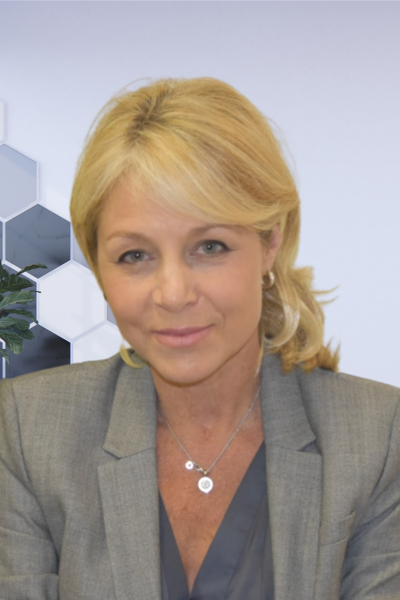
Nicole A. Poirier, PhD., FCAE
Chief Innovation Officer

Philippe Rich, B.Com, MBA
CFO
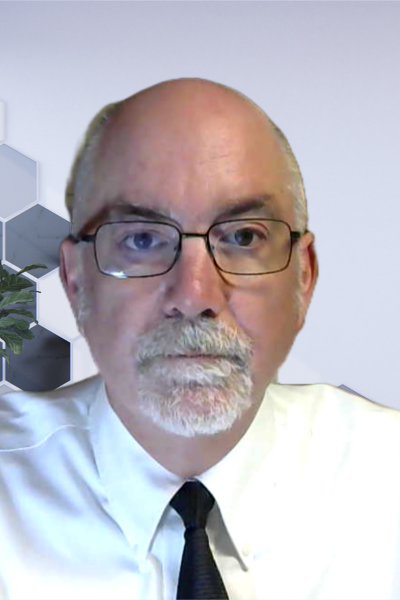
Giles Bishop, B.Eng., MASc.
VP Engineering
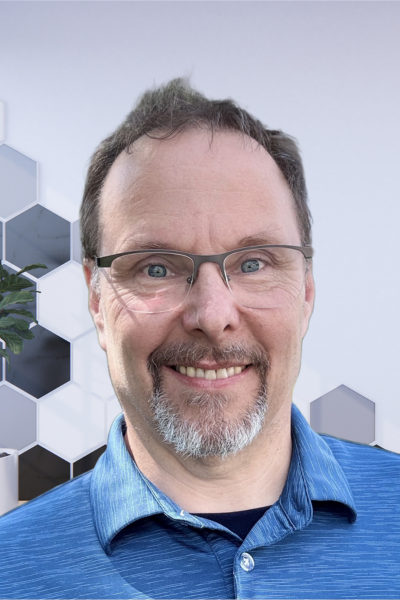
Tom Whitton, Eng.
VP Project Development
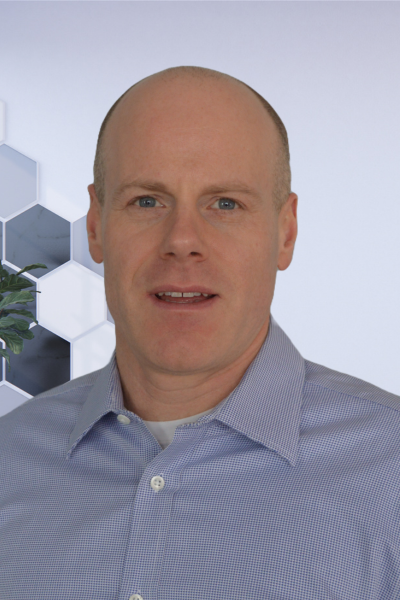
Stu Robinson, P.Eng.
Principal Process Development Engineer

Kayla Zurakowski, B.Arts
Communications Manager
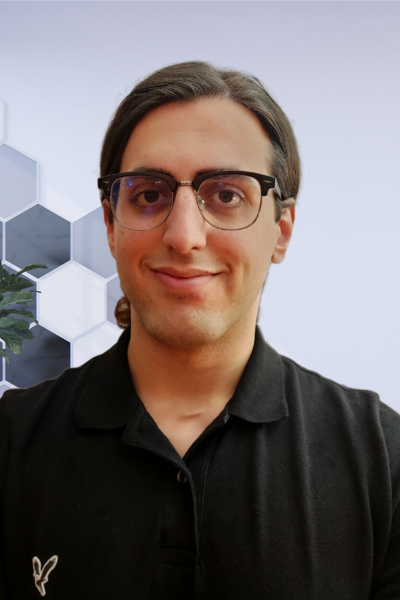
Saif Marji, MSc., PMP, EIT
Process Engineer
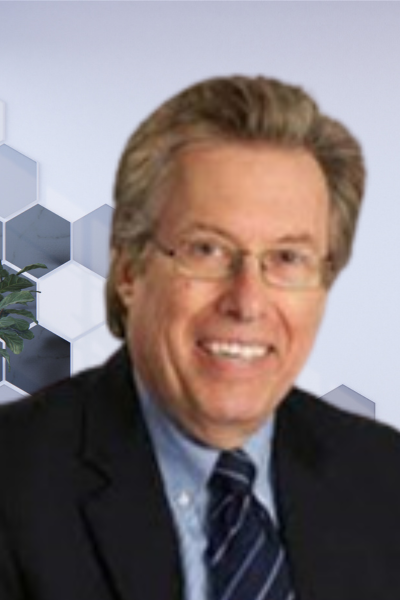
Wayne Maddever, PhD., FCAE
Director
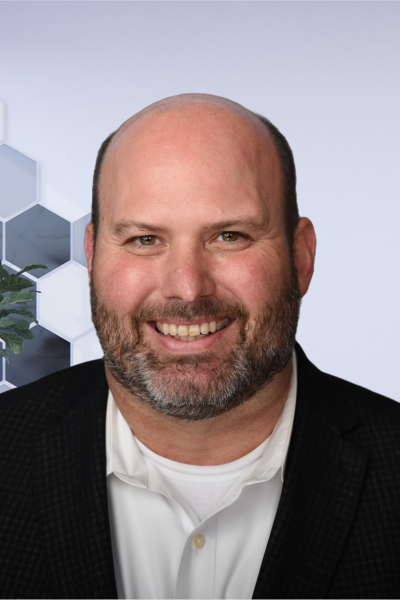
Antoine Schellinger B.Eng, MBA, J.D.
Director
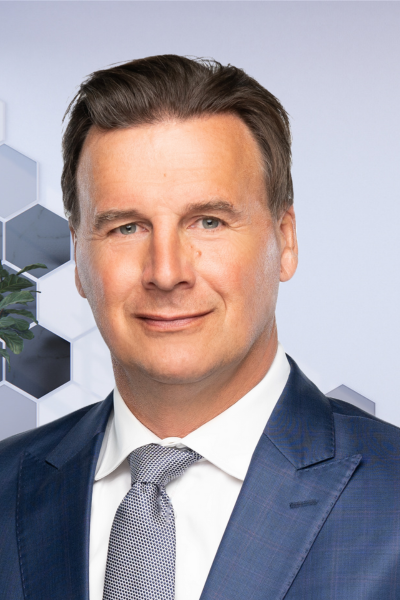
Dean Comand, P.Eng
Strategic Advisor
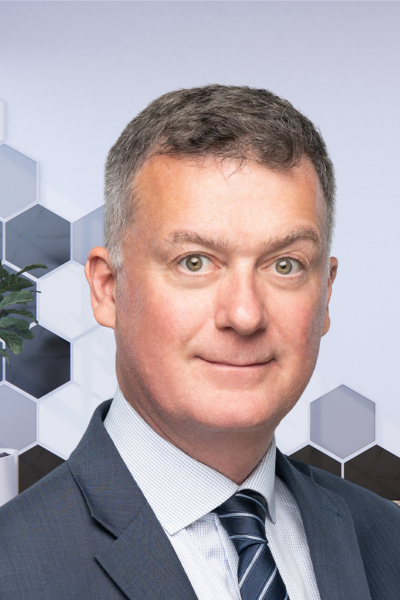
Guy Bentinck, CPA
Strategic Advisor
